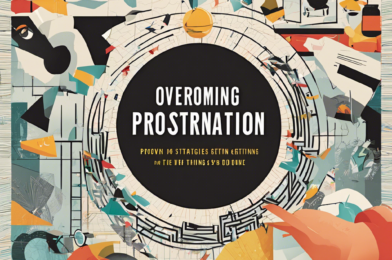Success means different things to different people. For some, it’s achieving a high-ranking job title and a lavish salary. For others, it’s following your passions, making a meaningful impact, and living according to your values. The truth is, there are many paths to success, and how we define it says a lot about what we personally value in life.
These five TED Talks offer thought-provoking perspectives on what success really means and how to achieve it in a balanced, sustainable way.
Arianna Huffington argues that we need to redefine success to include well-being, wisdom, wonder and giving — not just money and power. She says that while a “successful” life used to look like a ladder we climb, today it looks more like a labyrinth — full of twists and turns, dead ends and unexpected passages.
Adam Grant makes a case for introverts and “givers” — people who share knowledge and help others with no strings attached. While society tends to favor charismatic extroverts, Grant shows how introverts and givers achieve just as much, if not more success, by building meaningful relationships and contributing value to those around them.
Emilie Wapnick discusses “multipotentiality” — the ability to pursue many different careers and passions over the course of your life. She argues that “career hopping” and having a “slash career” (writer/coach/designer) should not be seen as a sign of indecision or a lack of focus but embraced as a strength. Success for multipotentialites is about following your interests and contributing value through many pursuits.
Tim Ferriss shares how to achieve “world-class” success by focusing on the few things that really matter and ignoring the rest. He teaches how to pare down your priorities to just one or two meaningful pursuits and then rigorously optimize your time for those pursuits. Saying “no” and selective ignorance are just as crucial as hard work and perseverance.
Mel Robbins talks about the “5 second rule” — how to push yourself out of your comfort zone and into action. Success, she argues, is not about luck, talent or personality. It’s about having the courage to take risks, confront your fears and make difficult decisions — and that all starts with a simple 5-second countdown. Success is within your control, as long as you have the courage to push yourself forward.









